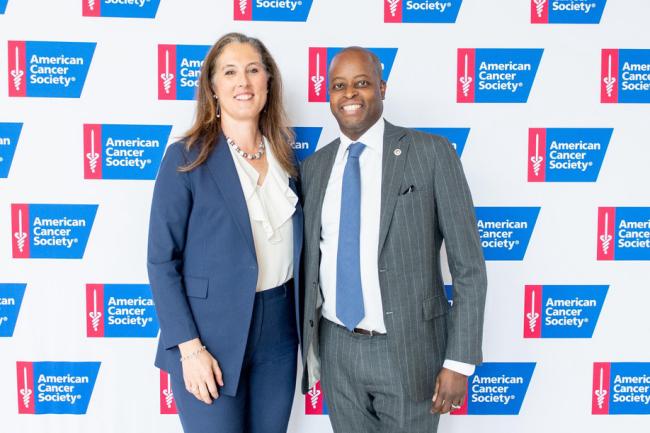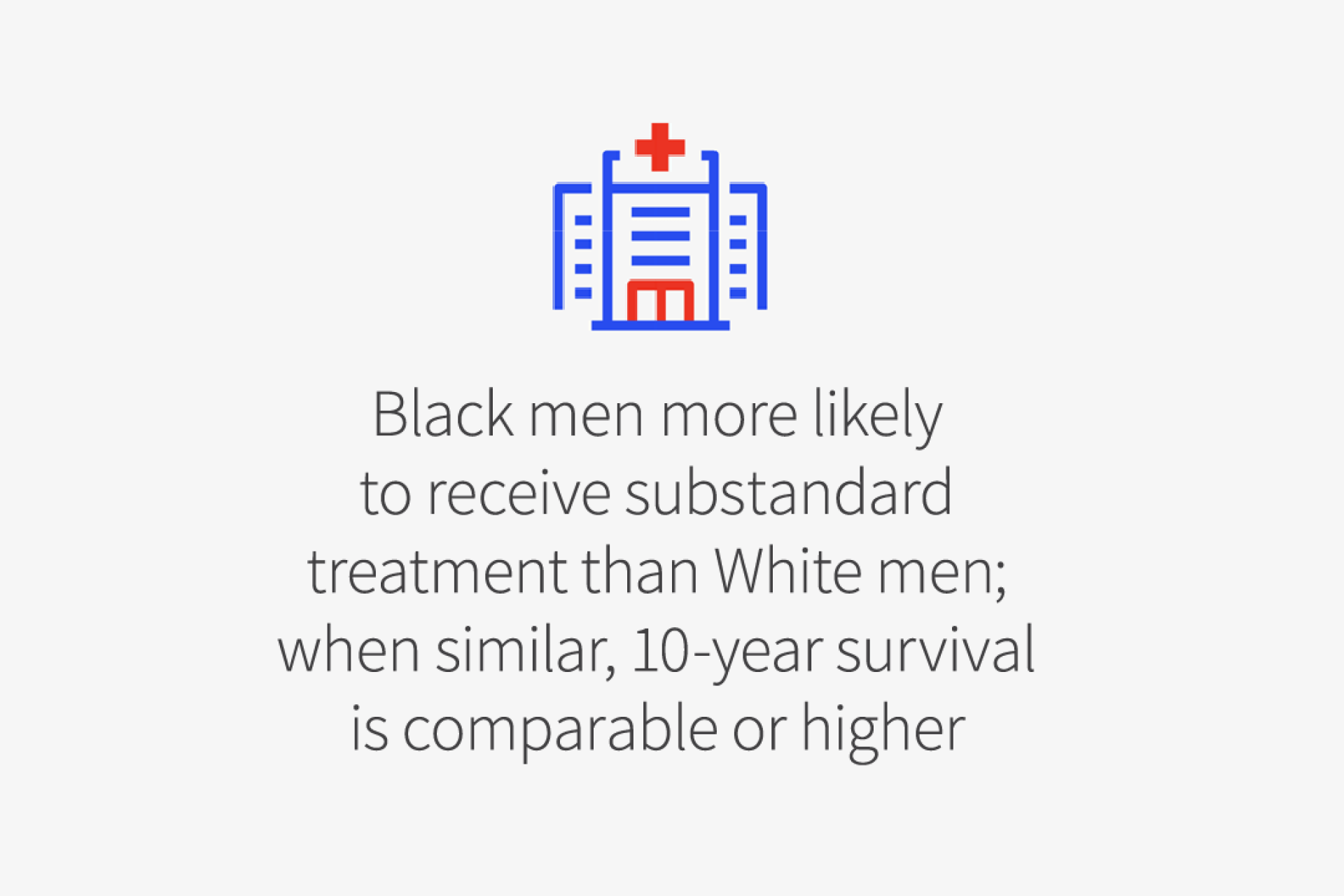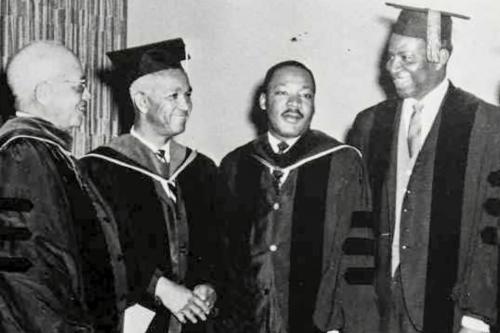In newly release data, ACS announced a major decline of overall cancer mortality in the United States. Mortality decreased by 33% since 1999. By contrast, the mortality trends in prostate cancer continue to be alarming. Already, prostate cancer is the second leading cause of cancer death for U.S. men. Even more troubling, Black men have long been disproportionately hard-hit by the disease. The incidence of prostate cancer in Black men is 70% higher than in white men and prostate cancer mortality rates in Black men are approximately two to four times higher than those in every other racial and ethnic group.
Another troubling trend is the increase in diagnoses of advanced forms of the disease. Since 2011, the diagnosis of advanced-stage prostate cancer has increased by 4% to 5% annually and the proportion of men diagnosed with distant-stage disease has doubled.
“ACS is committed to utilizing a tripartite strategy to reverse prostate cancer disparities and reduce death rates from prostate cancer in all demographics and disparities for Black men by 2035,” Dr. Knudsen said.
“Prostate cancer doesn’t have to be a death sentence if it is caught early enough,” said Carter, speaking at the Howard event. “We can and we must do better through proper education, through proper commitment to talking about these things. If you are driving your car and the red light comes on, you generally stop driving it. Our bodies give us a red light oftentimes, and we ignore it.”
U.S. Congressman Payne (D-NJ) spoke about the pain of losing several close family members to cancer. He implored Black men to get screened for prostate cancer. Payne has sponsored national legislation to require private health insurance plans to cover preventive screenings for men with family histories of prostate cancer, at no costs to patients.
“Death rates are higher for Black men because they are not getting regularly screened,” Payne said. “Regular screenings can catch cancer growths at early stages when they can be treated effectively.”
Payne added, “My efforts are one part of our battle against this dreaded disease. That’s why the work of the Cancer Action Network and Howard University are so important. Events like these create more awareness to our need for more robust funding for prostate cancer research development, educating people on the danger of prostate cancer, and the critical need for early screenings.”
###
About Howard University
Founded in 1867, Howard University is a private, research university that is comprised of 14 schools and colleges. Students pursue more than 140 programs of study leading to undergraduate, graduate and professional degrees. The University operates with a commitment to Excellence in Truth and Service and has produced one two Schwarzman Scholars, four Marshall Scholars, four Rhodes Scholars, 12 Truman Scholars, 25 Pickering Fellows and more than 165 Fulbright recipients. Howard also produces more on-campus African American PhD. recipients than any other university in the United States. For more information on Howard University, visit www.howard.edu.
Media contact: Sholnn Freeman, sholnn.freeman@howard.edu






